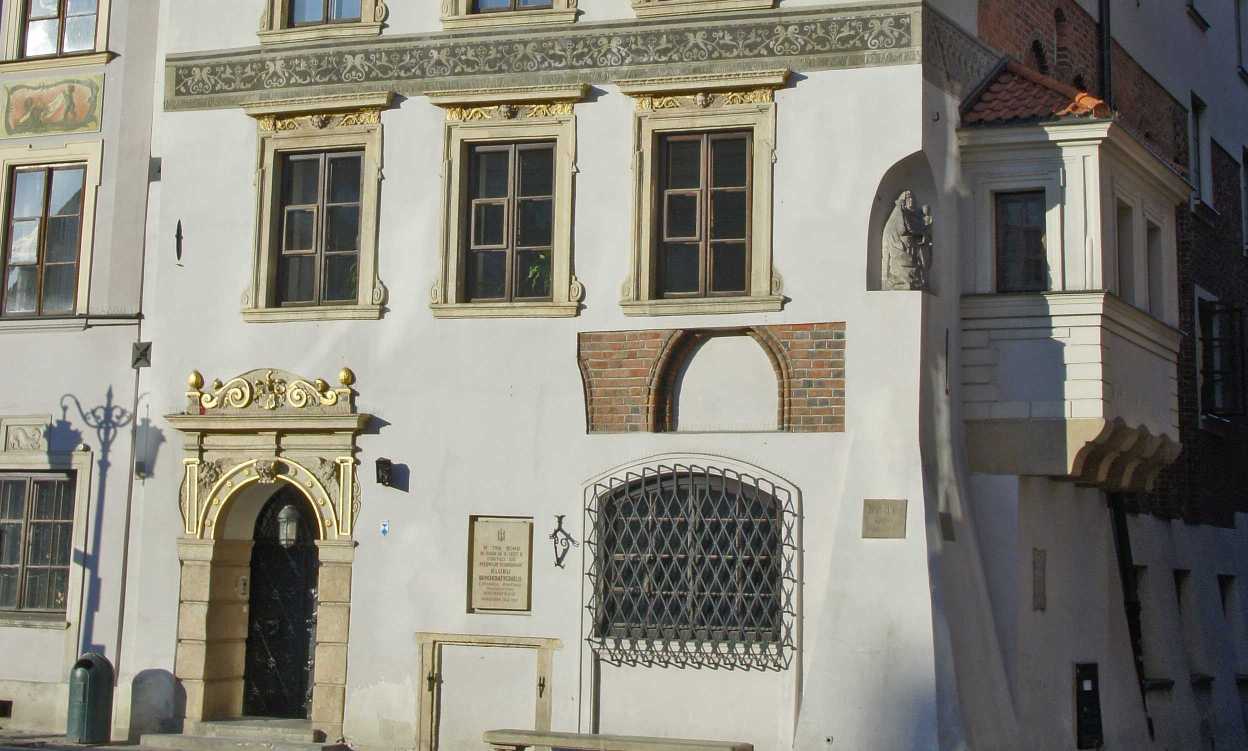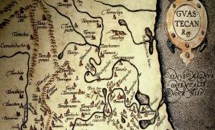Group
Canonical URL http://www.cidoc-crm.org/cidoc-crm/E74_Group
Group
Groupe
Grupa
Grupo
Menschliche Gruppe
Ομάδα
Группа
群组
This class comprises any gatherings or organizations of E39 Actors that act collectively or in a similar way due to any form of unifying relationship. In the wider sense this class also comprises official positions which used to be regarded in certain contexts as one actor, independent of the current holder of the office, such as the president of a country. In such cases, it may happen that the Group never had more than one member. A joint pseudonym (i.e., a name that seems indicative of an individual but that is actually used as a persona by two or more people) is a particular case of E74 Group. A gathering of people becomes an E74 Group when it exhibits organizational characteristics usually typified by a set of ideas or beliefs held in common, or actions performed together. These might be communication, creating some common artifact, a common purpose such as study, worship, business, sports, etc. Nationality can be modeled as membership in an E74 Group (cf. HumanML markup). Married couples and other concepts of family are regarded as particular examples of E74 Group.
| Property | Expected type | Definition |
|---|---|---|
| P107_has_current_or_former_member |
E39_Actor
|
This property relates an E39 Actor to the E74 Group of which that E39 Actor is a member. Groups, Legal Bodies and Persons, may all be members of Groups. A Group necessarily consists of more than one member. This property is a shortcut of the more fully developed path from E74 Group through P144 joined with (gained member by), E85 Joining, P143 joined (was joined by) to E39 Actor The property P107.1 kind of member can be used to specify the type of membership or the role the member has in the group. |
| P144i_gained_member_by |
E85_Joining
|
|
| P146i_lost_member_by |
E86_Leaving
|
|
| P151i_participated_in |
E66_Formation
|
|
| P95i_was_formed_by |
E66_Formation
|
|
| P99i_was_dissolved_by |
E68_Dissolution
|
|
| Property | On types | Definition |
| P107i_is_current_or_former_member_of |
E39_Actor
|
|
| P144_joined_with |
E85_Joining
|
This property identifies the instance of E74 Group of which an instance of E39 Actor becomes a member through an instance of E85 Joining.
Although a Joining activity normally concerns only one instance of E74 Group, it is possible to imagine circumstances under which becoming member of one Group implies becoming member of another Group as well.
Joining events allow for describing people becoming members of a group with a more detailed path from E74 Group through P144 joined with (gained member by), E85 Joining, P143 joined (was joined by) to E39 Actor, compared to the shortcut offered by P107 has current or former member (is current or former member of).
The property P144.1 kind of member can be used to specify the type of membership or the role the member has in the group.
|
| P146_separated_from |
E86_Leaving
|
This property identifies the instance of E74 Group an instance of E39 Actor leaves through an instance of E86 Leaving.
Although a Leaving activity normally concerns only one instance of E74 Group, it is possible to imagine circumstances under which leaving one E74 Group implies leaving another E74 Group as well.
|
| P151_was_formed_from |
E66_Formation
|
This property associates an instance of E66 Formation with an instance of E74 Group from which the new group was formed preserving a sense of continuity such as in mission, membership or tradition.
|
| P95_has_formed |
E66_Formation
|
This property links the founding or E66 Formation for an E74 Group with the Group itself.
|
| P99_dissolved |
E68_Dissolution
|
This property links the disbanding or E68 Dissolution of an E74 Group to the Group itself.
|
| predicate | object |
|---|---|
| comment |
"This class comprises any gatherings or organizations of E39 Actors that act collectively or in a similar way due to any form of unifying relationship. In the wider sense this class also comprises official positions which used to be regarded in certain contexts as one actor, independent of the current holder of the office, such as the president of a country. In such cases, it may happen that the Group never had more than one member. A joint pseudonym (i.e., a name that seems indicative of an individual but that is actually used as a persona by two or more people) is a particular case of E74 Group.
A gathering of people becomes an E74 Group when it exhibits organizational characteristics usually typified by a set of ideas or beliefs held in common, or actions performed together. These might be communication, creating some common artifact, a common purpose such as study, worship, business, sports, etc. Nationality can be modeled as membership in an E74 Group (cf. HumanML markup). Married couples and other concepts of family are regarded as particular examples of E74 Group.
"@en
|
| label |
"Group"@en
"Groupe"@fr "Grupa"@pl "Grupo"@pt "Menschliche Gruppe"@de "Ομάδα"@el "Группа"@ru "群组"@zh |
| type |
owl:Class
|
| subClassOf |
E39_Actor
|

